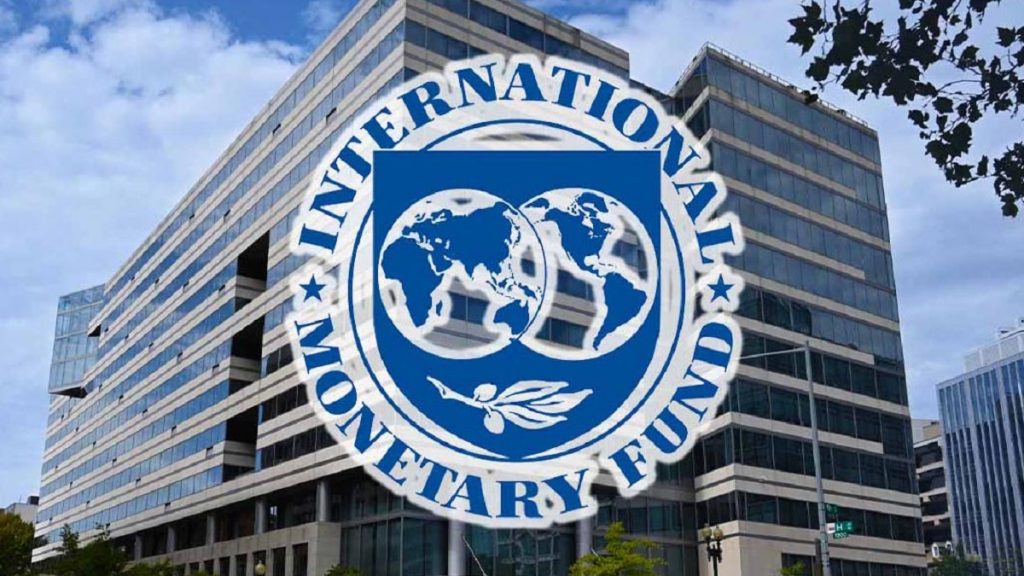During a meeting with finance ministry officials, a visiting International Monetary Fund (IMF) mission recommended a strategy to enhance social safety net programs in Bangladesh by reducing government subsidies on power, gas, and fertilizers.
Led by Chris Papageorgiou, the IMF mission discussed various economic aspects with the Finance Division and Financial Institutions Division officials.
The IMF suggested gradually increasing power and gas prices over the next three years to align with their production costs, thereby eliminating the need for government subsidies in these sectors.
However, there are no immediate plans to raise fertilizer prices. The government has reaffirmed its commitment to continue subsidizing the agriculture sector.
Since entering into a $4.7 billion loan program with the IMF in January last year, the Bangladeshi government has implemented several price hikes, including electricity and gas.
The IMF raised concerns about the substantial increase in subsidies for electricity, gas, and fertilizers since the 2022-23 fiscal year, with the current fiscal year’s subsidy allocation totaling Tk 845.42 billion.
Regarding social safety net programs, officials indicated plans to expand the number of beneficiaries by approximately five lakh individuals. However, due to financial constraints, there are no immediate plans to increase allowances for the poor. The government aims to allocate about 2.5 percent of GDP for social safety net programs next fiscal year.
The finance ministry has introduced a new structure through circulars aimed at reducing waste, misuse, and corruption and improving efficiency and transparency in social safety net programs.
During discussions with the Financial Institutions Division, the IMF expressed support for bank merger policy and emphasized the importance of following international best practices.
The IMF also recommended reducing classified loans of state-owned banks to 10 percent and urged actions against willful loan defaulters.
The IMF mission reviewed Bangladesh’s macroeconomic projections, with officials revising the GDP growth target for the current fiscal year to 6.5 percent and the inflation target to 8 percent. For the next fiscal year, the GDP growth target is set at 6.75 percent, with an inflation target of 6.5 percent. The IMF acknowledged the challenging nature of these targets and stressed the importance of introducing market-based interest and exchange rates.
The IMF mission’s visit to Dhaka marks its second review of the loan program, with the release of the third tranche contingent upon the outcomes of the discussions. Since the loan’s approval in January last year, the IMF has disbursed $1.16 billion in two tranches.
